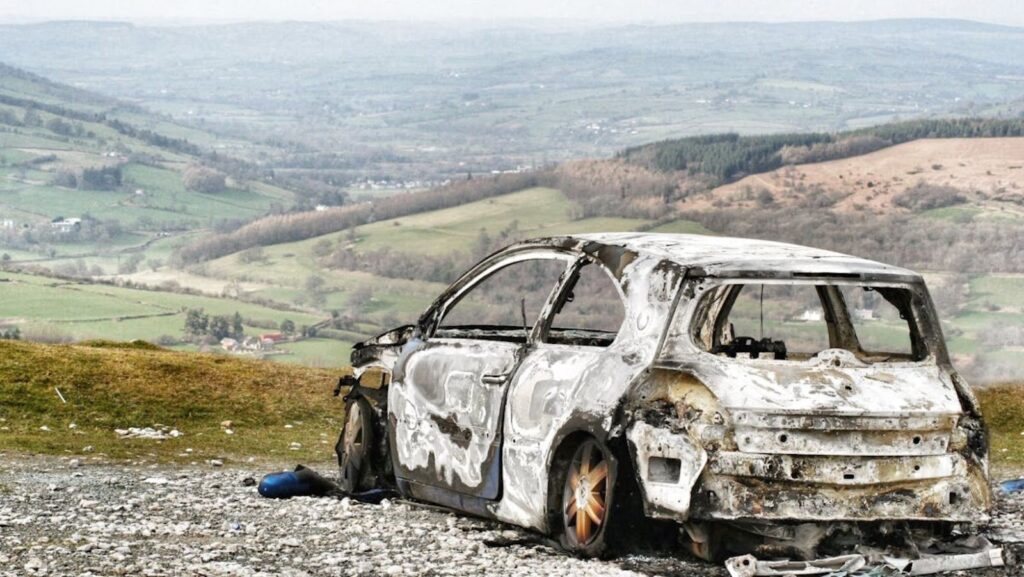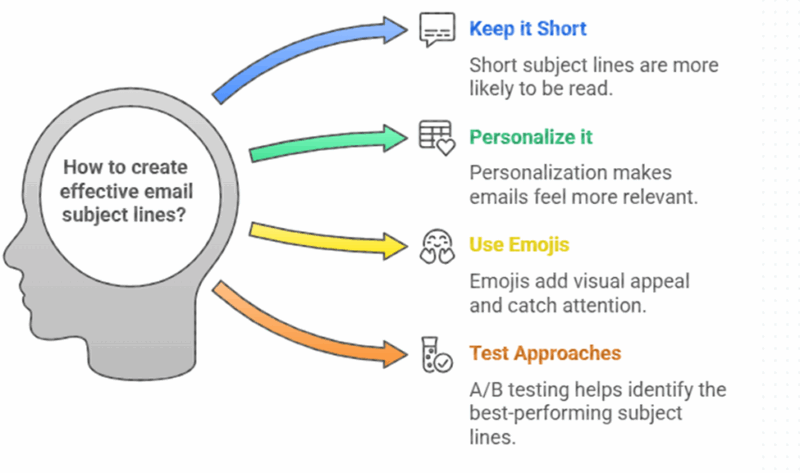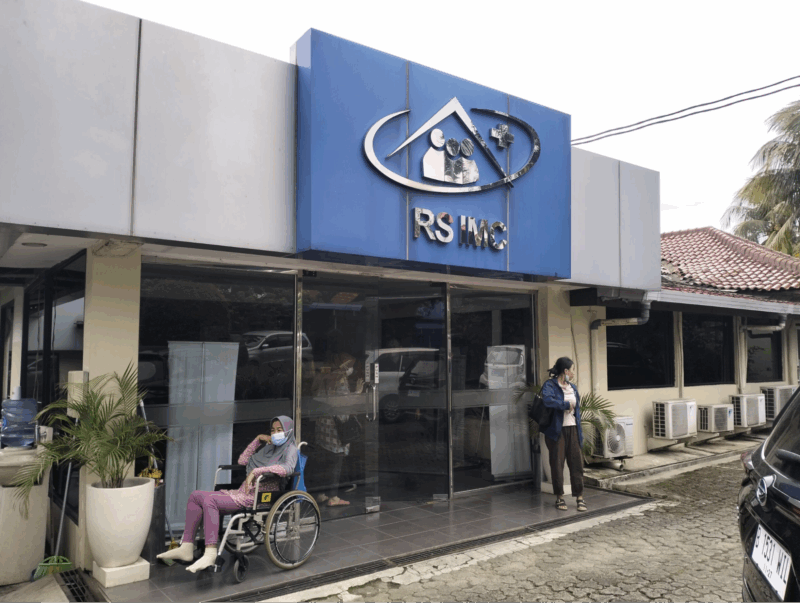
The landscape of car accidents in St. Louis is undergoing a significant shift due to the ever-increasing presence of technology in our vehicles. From driver-assist features to the potential of fully autonomous cars, these advancements are impacting how we drive.
They are also changing how accidents are investigated, assigned fault, and litigated. In this article, we will explore how tech is revolutionizing car accident law in the Gateway City.
The Rise of Distracted Driving Technology
According to St. Louis Public Radio, a staggering number of people across the United States were impacted by distracted driving in 2022. This dangerous behavior resulted in roughly 289,310 injuries and 3,308 unfortunate deaths.
While cell phones have long been a leading cause of distracted driving, advancements in in-vehicle technology are adding new layers of complexity. Navigation systems, touchscreens for infotainment, and even voice-activated features can distract a driver from the road.
According to the Missouri Bicycle and Pedestrian Federation, around 200,000 distracted driving accidents occurred between 2012 and 2021. This rise in tech-related distracted driving is prompting stricter enforcement, with police cracking down on drivers using these features behind the wheel.
This has also led to new legal arguments about liability in accident claims. For instance, a St. Louis lawyer might argue that a car manufacturer’s poorly designed touchscreen interface directly contributed to a client’s accident.
The Black Box and Data Retrieval
Modern vehicles are equipped with Event Data Recorders (EDRs), also known as black boxes. They capture crucial information about the moments leading up to a crash. This data can include speed, braking force, and even seatbelt usage. St. Louis car accident lawyers are now relying heavily on data retrieval specialists to extract and analyze this information to build their cases.
eeNews Europe notes that EDRs constantly track car information, but don’t save everything. They only permanently store data when sensors detect an accident or risky driving, like sudden swerving or airbag deployment.
In those cases, the last 300 milliseconds before and after the event are locked in for later analysis. Black box data can be crucial in situations where traditional witness testimony is unavailable.
The Evolving Role of Legal Representation
The influx of tech into car accident law demands a new breed of legal professionals. St. Louis lawyersCar crash lawyer Tampa FL are increasingly specializing in cases involving advanced technology.
Reuters reports that over 70% of legal professionals believe that the rise of autonomous vehicles will significantly impact the practice of personal injury law. As technology evolves, it’s important to contact an injury lawyer in Mississippi who is knowledgeable about the changing laws related to car accidents. This highlights the pressure on car accident lawyers to stay ahead of the curve and understand the legal implications of these new technologies.
TorHoerman Law states that lawyers are developing a deep understanding of how these systems function and how they can impact accident dynamics. This knowledge, combined with the ability to leverage cutting-edge legal tech for case management, allows attorneys to provide the most effective legal representation.
In today’s tech-driven world, a car accident lawyer in St. Louis is not just your legal advocate, but also a technological investigator and strategist. This ensures that their clients receive the compensation they deserve.
The Challenge of Self-Driving Car Accidents
The future of car accidents may involve entirely different legal considerations. With the potential for widespread adoption of autonomous vehicles, the question of who is liable in the event of an accident becomes complicated. Missouri, like many states, is still grappling with regulations for self-driving cars.
Furthermore, a blog post by Men’s Journal mentions St. Louis in its list of top ten U.S. cities with the most car accidents. This adds to the urgency surrounding the development of clear legal frameworks for self-driving car accidents in St. Louis.
While the potential benefits of autonomous vehicles are significant, the lack of established liability standards creates uncertainty for both drivers and potential accident victims. This, coupled with St. Louis’ already high rate of car accidents, could lead to a surge in complex legal battles as these new technologies hit the road.
Tech-Powered Evidence Gathering
Beyond black box data, a variety of technological tools are now available to car accident lawyers in St. Louis. Drone footage can provide a detailed aerial view of the accident scene, allowing for a more comprehensive understanding of the accident dynamics.
While 3D scanning technology can create a precise digital replica for accident reconstruction, helping to pinpoint exactly how the collision occurred. Additionally, social media platforms and ride-sharing apps can be used to identify potential witnesses who may have captured video or photos of the accident. This newfound ability to gather digital evidence can be a game-changer in building a strong case.
FAQs
How to stop distracted driving?
Put your phone away! Utilize hands-free calling and in-car navigation to minimize distractions while driving. Focus on the road and avoid multitasking behind the wheel.
How much damage can a black box take?
Black boxes, also known as EDRs, are built to withstand significant impact in an accident. They’re typically located in a protected area of the vehicle to ensure data survival.
Why do self-driving cars crash?
Self-driving car accidents can occur due to software malfunctions, sensor errors, or misinterpretations of road conditions. In some cases, human error while monitoring the autonomous system may also be a contributing factor.
In conclusion, the surge of technology in St. Louis vehicles is reshaping car accident law. While new complexities emerge from distracted driving and potential self-driving car accidents, legal professionals are adapting.
They leverage data retrieval, drone footage, and 3D scanning to build stronger cases. This tech-driven transformation demands a new breed of lawyer – one adept at navigating the legal intricacies of modern automobiles. As St. Louis moves forward with these advancements, its legislation must evolve alongside them to ensure fair representation for those involved in car accidents.












